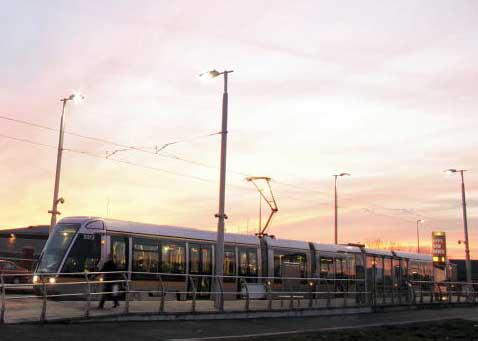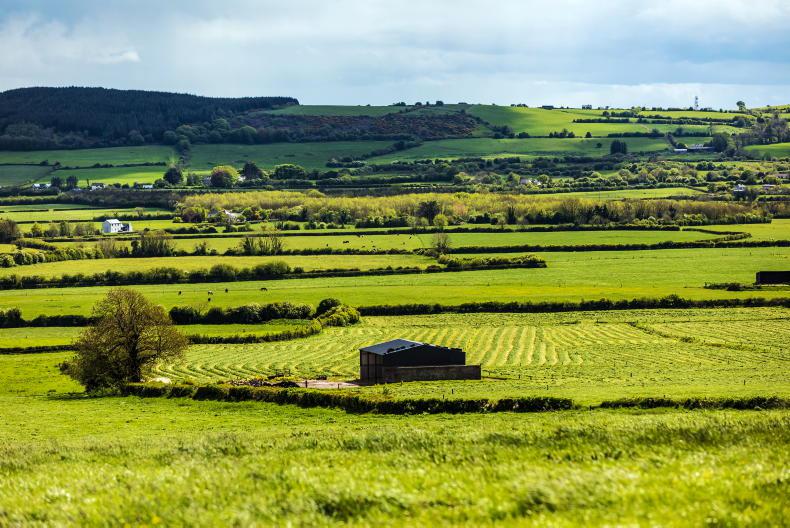Several contentious issues have been ducked through the lifetime of the outgoing Dáil, topics the political parties would prefer not to talk about.
They are more divisive than tax concessions and expenditure giveaways where criticism of budget measures has consisted mainly of complaints that they did not go far enough.
The parties may keep quiet during the election about more difficult choices, but they will surface soon - in just a few weeks, a new government will agree a joint programme which will have to adopt a five-year perspective.
The Taoiseach has highlighted long-term deficiencies in the country’s infrastructure and is proposing a new government department to oversee future development.
This will achieve little without policy decisions on some of the avoided issues and there are three which top the agenda, all likely to provoke opposition and controversy.
Energy security
The first is energy security. A decade ago, the minister responsible for oil and gas exploration was roundly denounced for charging companies too little for offshore concessions in the Atlantic. There were claims in the Dáil that the offshore reserves being squandered were worth €50bn.
Regardless of the alleged concessions, the companies tired of drilling dry holes and have largely disengaged from Ireland. It is now accepted that there will be no oil and gas bonanza, aside from a few special situations, and there is no prospect of an early replacement for the Corrib field currently nearing exhaustion.
But there has been no serious effort to think through the consequences, aside from a gratuitous discouragement of explorers who have largely lost interest anyway.
Ireland’s indigenous energy source, mainly natural gas since the discovery of the Kinsale Head field more than 50 years ago, is now to be wind and solar.
But onshore wind turbines, on all available evidence the cheapest renewable alternative, are routinely opposed by local politicians, as are solar farms, another proven technology.
Coastal communities have begun to object to offshore wind farms too, even though the commercial feasibility of large-scale offshore development has not been subjected to a systematic official study.
Nobody in rural Ireland likes new transmission lines either. The coming rescue of energy security, courtesy of renewables, is an aspiration, not a policy.
But onshore wind turbines . . . are routinely opposed by local politicians
Many developed countries around the world have active plans to revive the nuclear-generating industry, where investment had fallen away in recent decades.
Ireland has a statutory ban which dates from the Electricity Regulation Act of 1999, before this reconsideration of the nuclear option got under way.
There are newer nuclear technologies becoming available which may offer smaller units better suited to the scale of the Irish market and their developers claim that capital costs will be easier to contain.
Wait and see is the obvious tactic here, letting others take the early-stage risks. But the outright ban impedes the generating industry from investing in preparatory studies and staff training. It should be lifted.
The government is proceeding with an interconnector to France and ministers have alluded to the availability of French nuclear power. There are already imports of nuclear power from the UK – electrons arrive en masse, not equipped with certificates of origin. Ireland is already dependent on nuclear power, will become more so, without any control over sources of supply.
National water
The second issue results from the response to the protests over water charges which erupted in 2014.
All the main political parties abandoned their previous positions and lined up behind free water. The result is a failure, unique in the EU, to recover the costs of running the national water company from its customers, a formula never even contemplated for the electricity or gas utilities.
The political capitulation has crippled the finances of Uisce Eireann, dependent on the central exchequer for subvention of operating losses and for all of its capital expenditure. The next government has the option to devise a fair system of water charges with free allocations for poorer households.
The Z word
Finally, the inadequacy of the water and wastewater systems are an ingredient, along with local objections to improving the electricity grid, in the continuing failure to expand housing supply, another area in which targets are no substitute for policy.
Local authorities have a rich menu of excuses for declining to zone sufficient under-utilised land for housing and slow progress by Uisce Eireann and Electric Ireland are conveniently to hand.
Local councils need to be charged with the delivery, not just of enough zoning, but also of the necessary permissions for the utility companies to deliver.
In the UK, the Labour government has made it clear that central government subsidies to local government will in future be conditional on councils zoning enough land, including in former green belts close to the main cities. National housing targets are pointless without the means of attainment.










SHARING OPTIONS